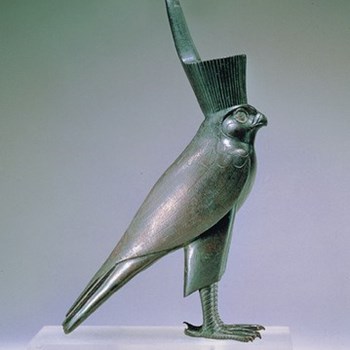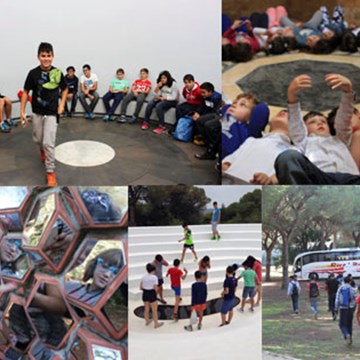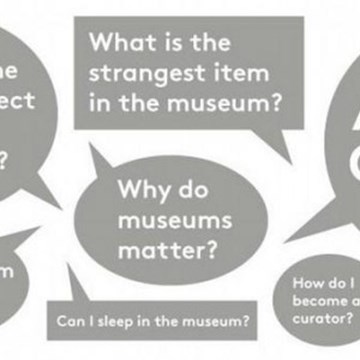Ancient Egyptian civilization spanned a period of nearly 3,000 years, beginning with the unification of Upper and Lower Egypt in about 3100 BCE. A series of kings, called pharaohs (from per aa, “great house”), later organized into 30 dynasties, ruled the country. In 332 BCE, Egypt was conquered by Alexander the Great. It was then ruled by the Greeks, during the so-called Ptolemaic period, and later by the Romans, from 30 BCE to about 395 CE.
The early historian Herodotus called Egypt “the gift of the Nile,” and the country relied on this vast resource for agriculture and transportation. Its annual flooding deposited rich fertilizer over the fields and gave stability to Egypt. This in turn fostered great achievements in art, architecture, mathematics, and medicine.
The Egyptians worshiped many gods. Some, like the sun god, Re, were revered throughout the country, while lesser gods and goddesses had local centers of worship. Still others were household gods worshiped at home. Some gods and goddesses were represented as human; others took the form of animals or animal-headed humans. Ancient Egyptians did not worship animals directly but as representations or embodiments of particular gods or goddesses.
Egyptian religion was permeated by concepts of life cycles. They included the cycle of the sun-god, who is born each morning, traverses the sky during the day, sets in the evening, travels through the underworld at night, and rises again in the morning; the annual flooding cycle of the Nile; and the cycle of human life — birth, life, death, and resurrection.
Ancient Egyptian civilization spanned a period of nearly 3,000 years, beginning with the unification of Upper and Lower Egypt in about 3100 BCE. A series of kings, called pharaohs (from per aa, “great house”), later organized into 30 dynasties, ruled the country. In 332 BCE, Egypt was conquered by Alexander the Great. It was then ruled by the Greeks, during the so-called Ptolemaic period, and later by the Romans, from 30 BCE to about 395 CE. The early historian Herodotus called Egypt “the gift...
Read more











